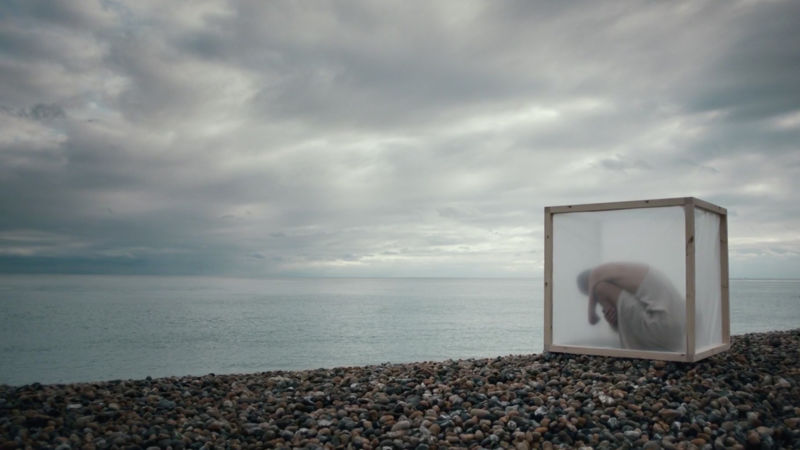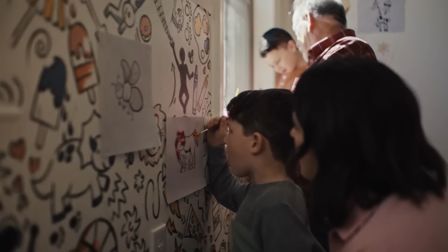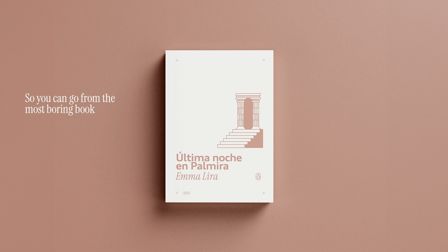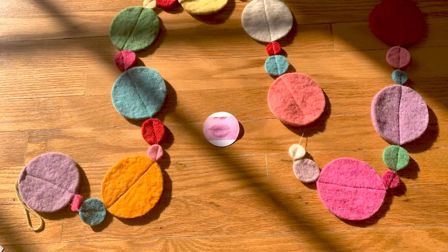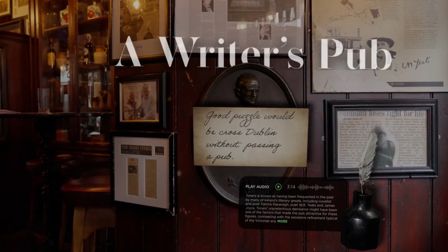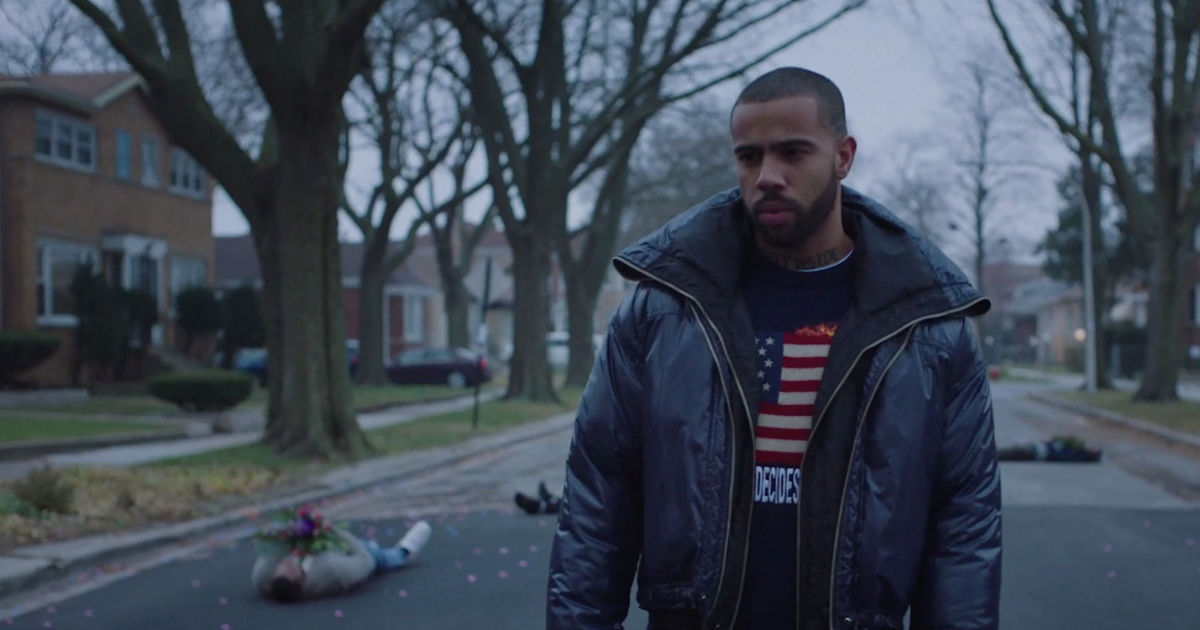From raw pain to raw power
Director Andre Muir draws on his own personal tragedy, Black oppression and Covid injustice in this richly textured video for the track Shelter, by Vic Mensa ft. Wyclef Jean and Chance the Rapper.
Credits
powered by
-
- Production Company SMUGGLER
- Director Andre Muir
-
-
Unlock full credits and more with a Source + shots membership.
Credits
powered by
- Production Company SMUGGLER
- Director Andre Muir
- DP Allison Anderson
- Colorist Mikey Pehanich
- Producer Jake Bloom
- Editor Nathan Rodgers
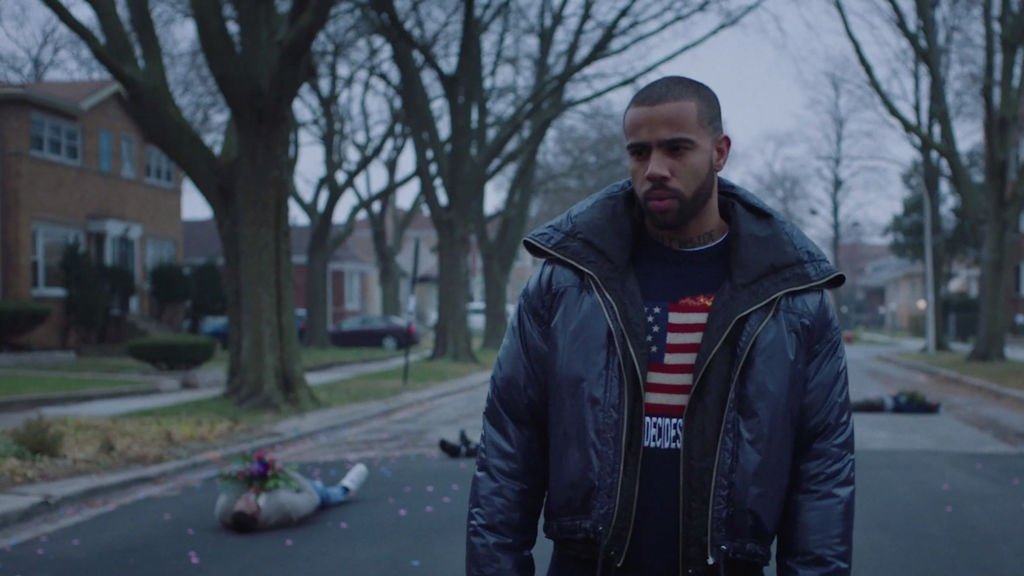
Credits
powered by
- Production Company SMUGGLER
- Director Andre Muir
- DP Allison Anderson
- Colorist Mikey Pehanich
- Producer Jake Bloom
- Editor Nathan Rodgers
“It seems like the majority of great works of art from Black creators comes from a world of pain,” says Andre Muir. As a Black filmmaker himself, he says he has a lot of that pain to draw from and in the making of this remarkable video, produced by SMUGGLER, Muir wondered how far he could go.
“Am I taking it too far with black bodies scattered all over the streets of the south side of Chicago? Is my perspective poignant enough to cut through the possible exploitation of the black body? I would like to think in this case that the message outweighs the brutality of the image, but it’s always a gamble.”
It’s a gamble that has paid off, resulting in a multi-layered music video, enriched by magical realism, that draws on the momentum of the Black Lives Matter movement, the campaign to help Julius Jones, a black man on death row widely believed to be innocent, and the death of Muir’s own mother from Covid.
With Mensa’s acoustic rap ballad critiquing the many ways Black life is threatened, the film also draws on Muir’s bereavement. Shortly after her death he and his friend Mensa had decided to create a video dedicated to her. As he was musing on ideas, Muir wondered if the tragedy was too recent, too personal and too raw, was he exploiting it?
But, focusing on the helplessness loved ones of Covid victims feel enabled him to broaden the message. “I remembered how powerless I felt through the ordeal, not being able to hold her hand, not being able to see her except through a facetime. I couldn’t even bring her a bowl of soup. That feeling of powerlessness, I really hated it and I figured this was something I could DO. It was something I could channel my energy into.”
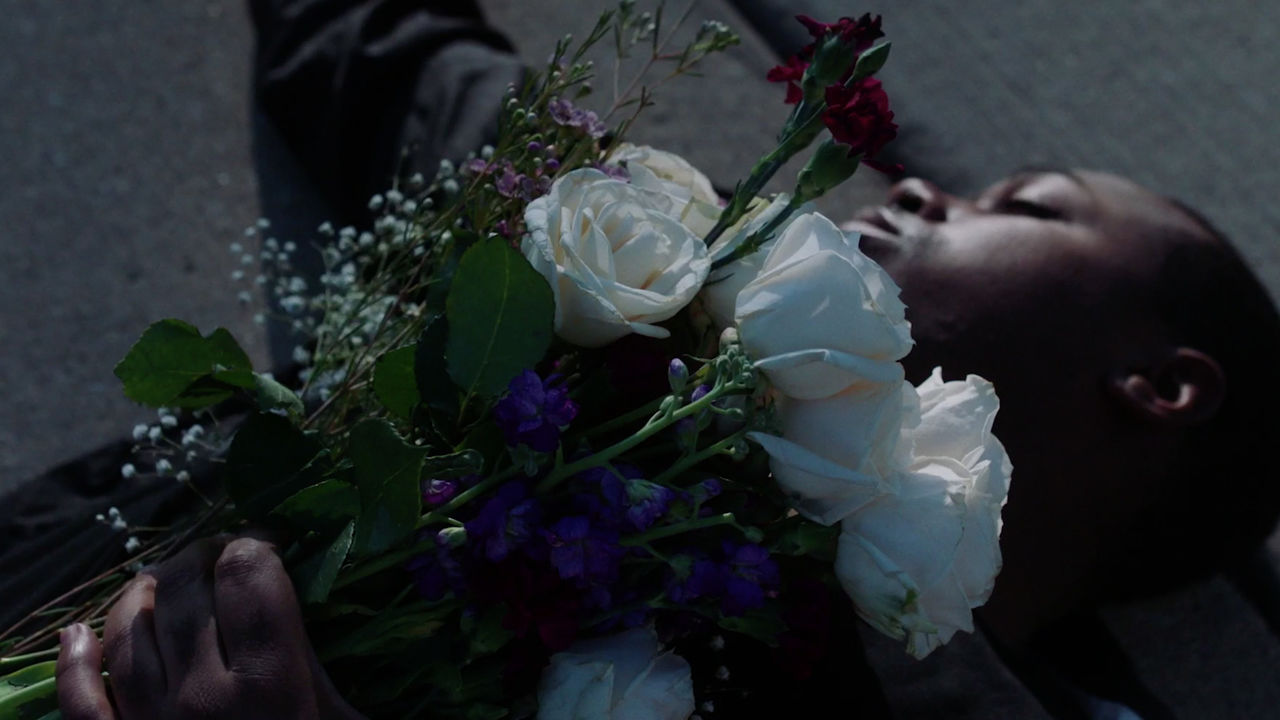
With the track's lyrics referencing the inequality of the pandemic, Muir, whose mother was a nurse, states: “COVID’s not the disease, it’s the symptom – the people dying from COVID, the essential workers, the elderly, the people with bad health – they are dying because they are victims of the socio-economic system that failed them.”
Drawing on visual references from The Roots video for You Got Me, which features a character, Black Thought, wandering through a city of dead people, Shelter, despite its heavy content, is woven through with lightness and beauty.
The floral imagery, the ballet dancers with masks of flowers, all lift the film to a contemplative realm. The bodies transforming into mounds of flowers “was directly inspired by what I saw at my mother’s funeral, but also I wanted the video to end on a positive note. It's a kind of cycle of life.”
He says the key sequence for him is the final falling sequence and the transformation: “I wanted to show essential workers and loved ones falling victim to the unnamed disease. The transformation scene is this surreal, otherworldly moment where flowers and plants engulf our Mother character.”
Ultimately, along with pain and loss, there is hope and love in the film. Muir’s mission seems to be to find balance. He says he obviously happy that there is “a renaissance happening right now, a focus on Black art. I feel like it’s a long time coming.”
But he is aware of the pressures Black filmmakers are under to hit the right note; “I want to tell true and emotional stories, but I don’t want to be some white man’s disaster/trauma porn.”
)
